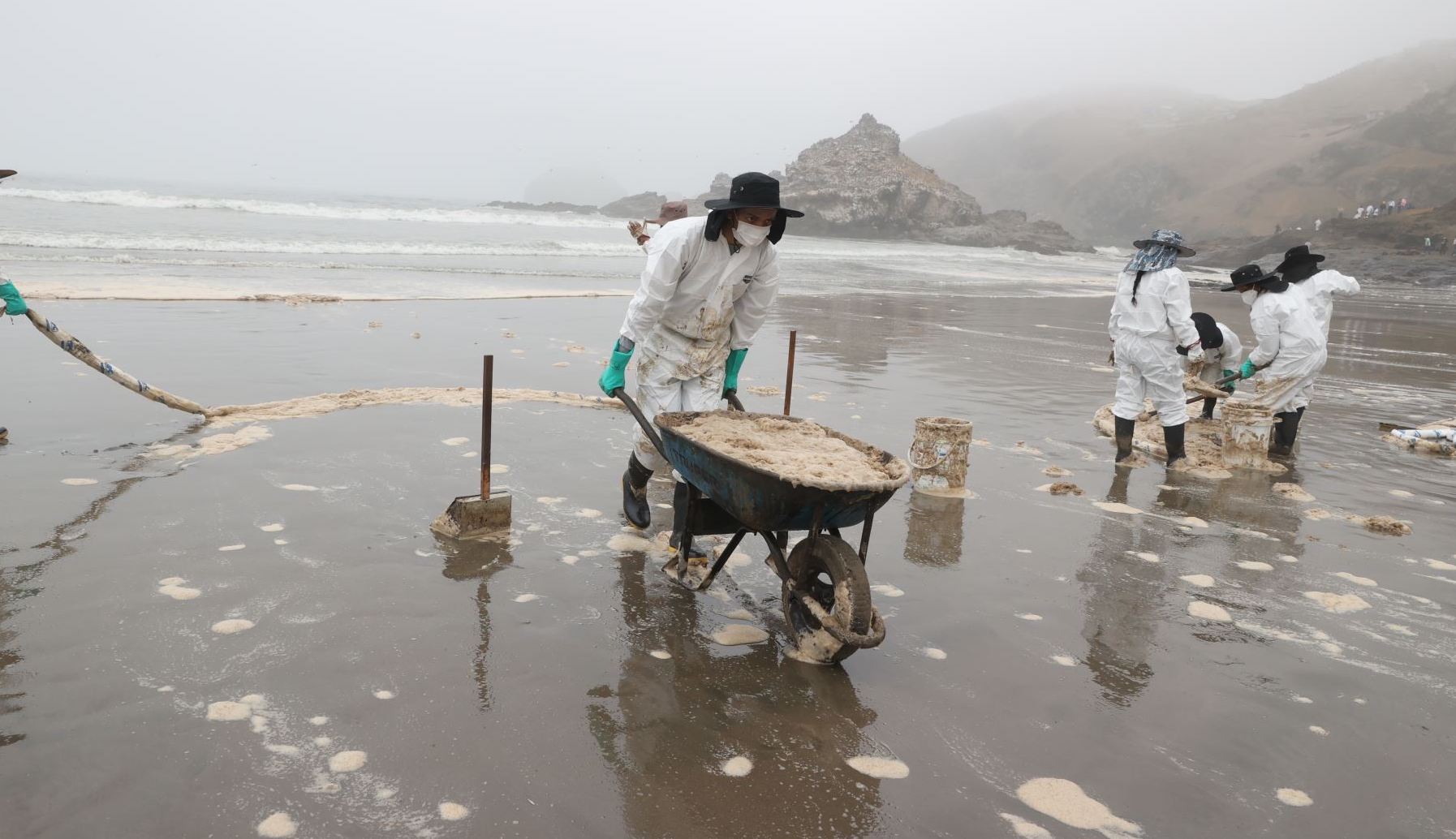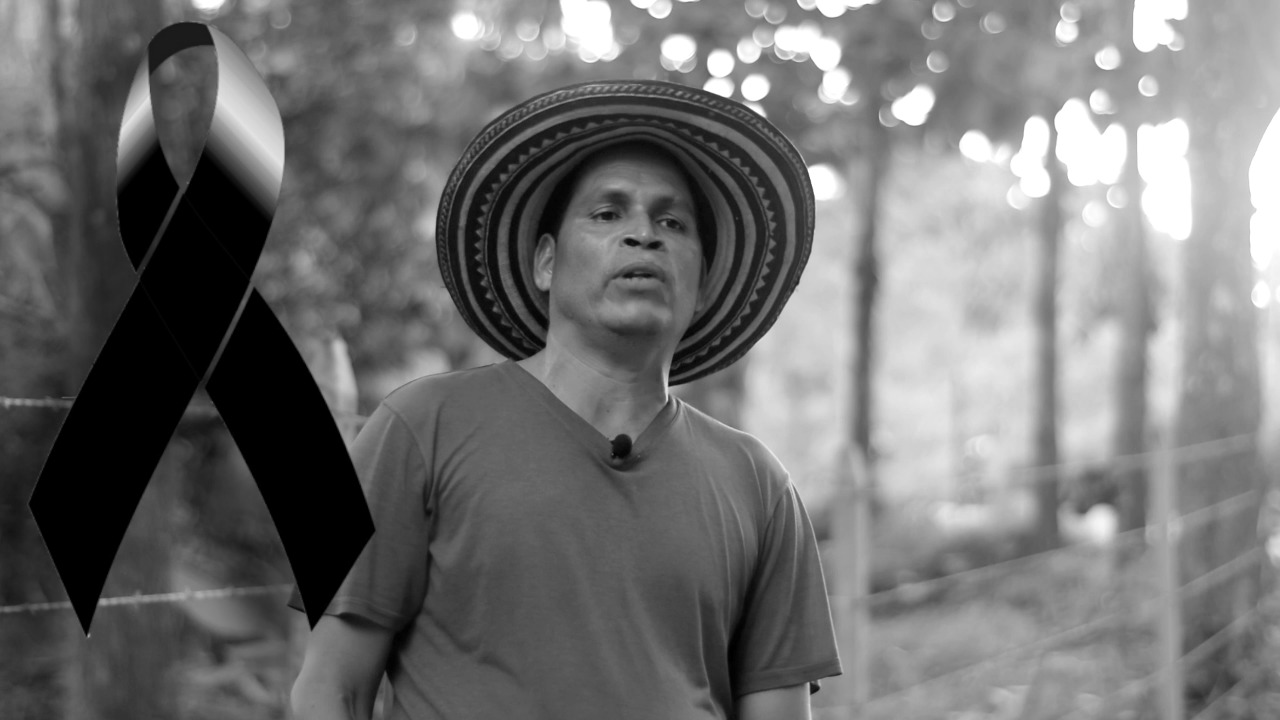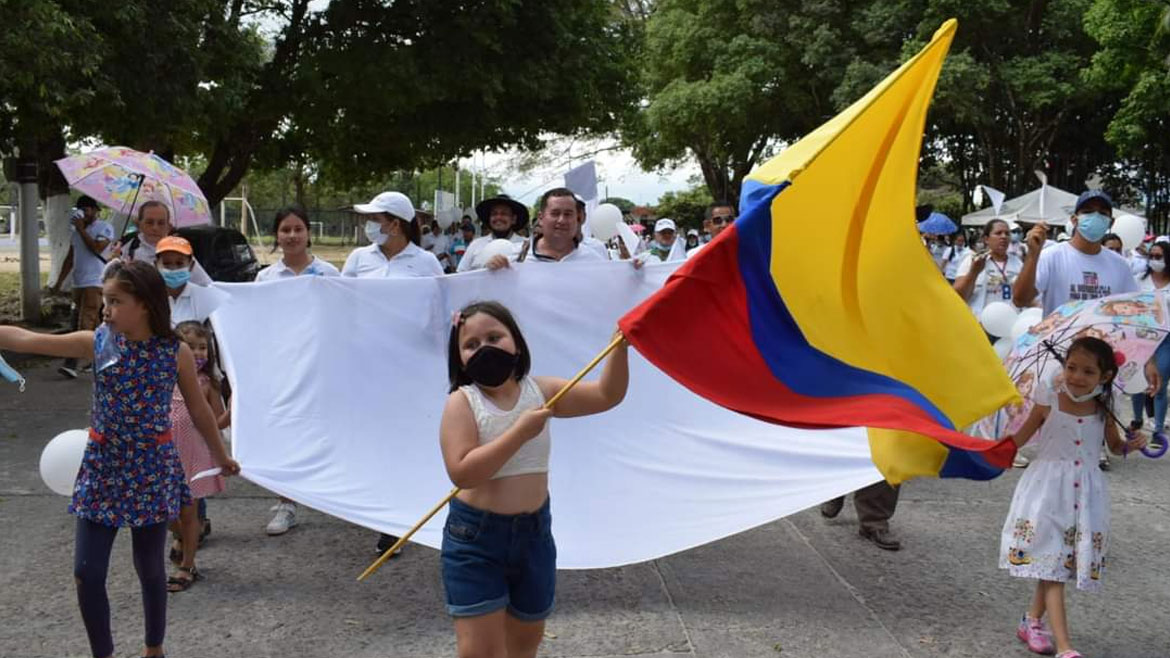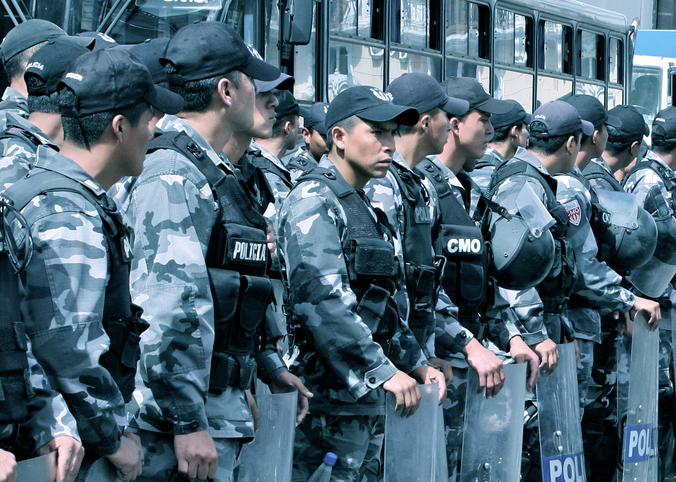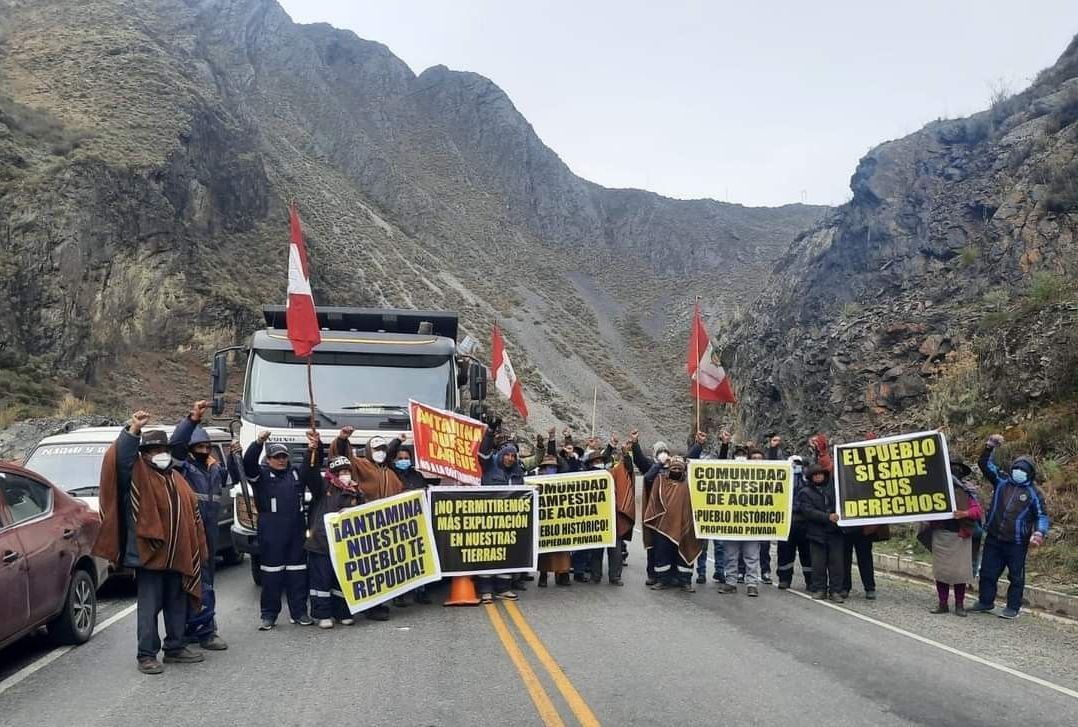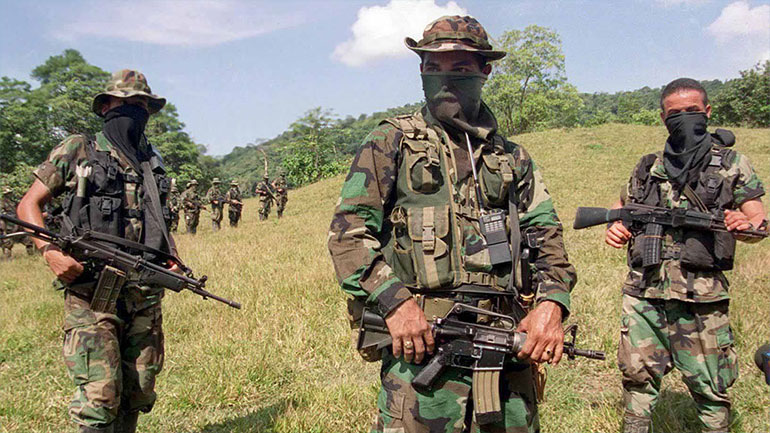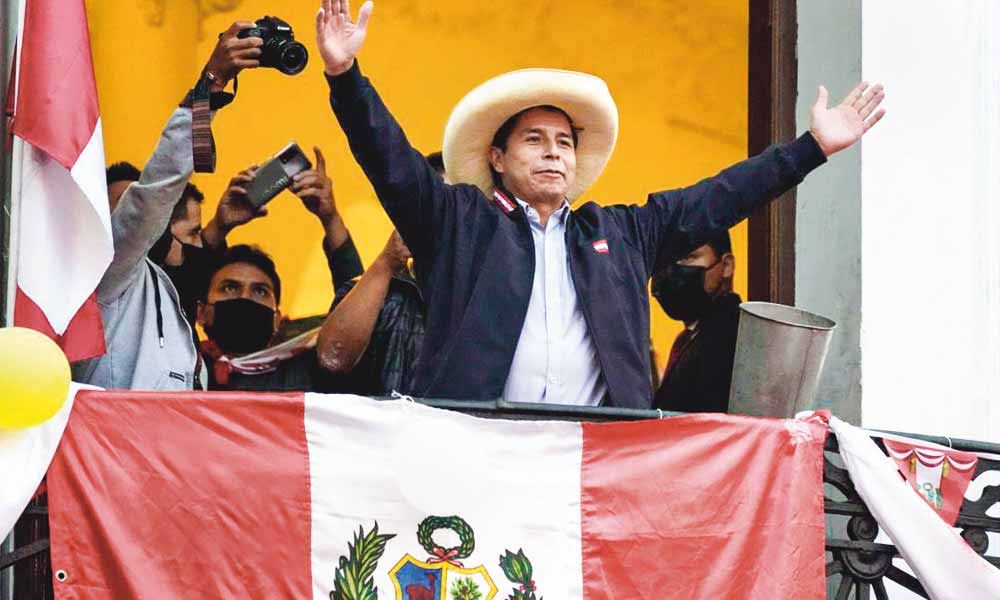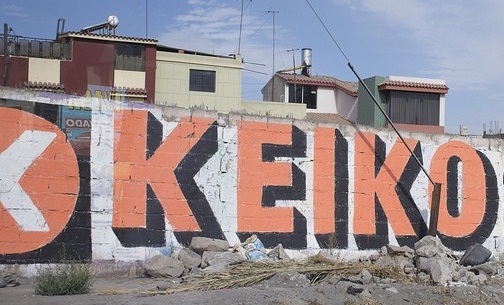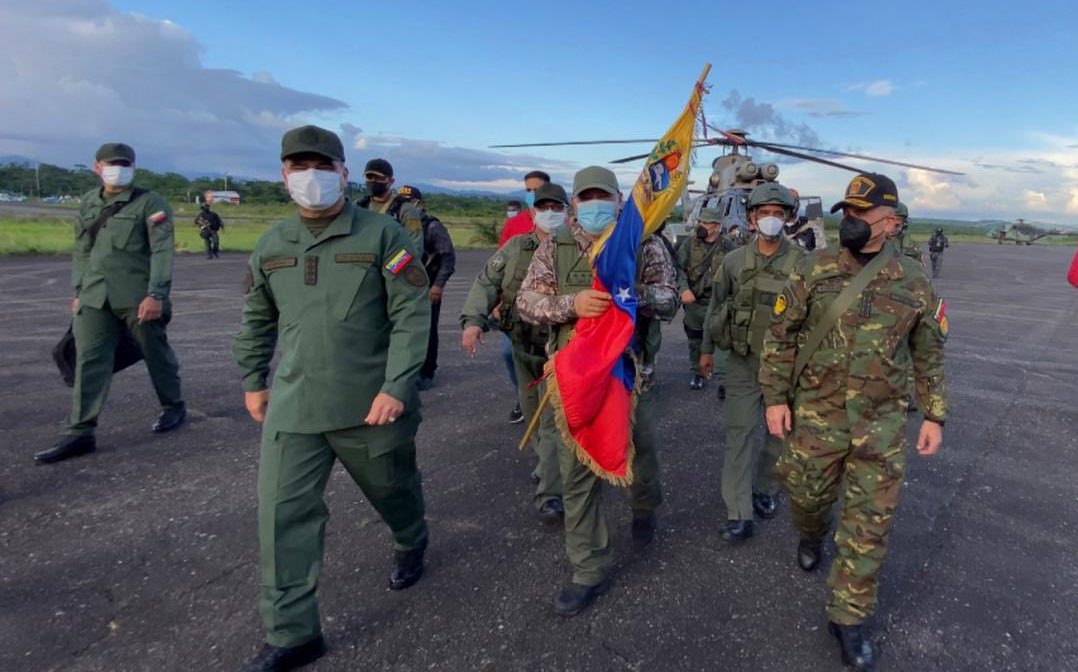
Peru: police pop presidential palace in petro-corruption probe
Special anti-corruption prosecutors backed up by National Police troops raided 15 properties around Peru’s capital Lima—including the presidential palace. The raids came as part of Megaoperation Resplandor 2022, an investigation into alleged irregularities in tenders for the purchase of biodiesel between parastatal PetroPerú and private firm Heaven Petroleum Operators. Also raided were the homes of PetroPerú director Hugo Ángel Cháves Arévalo, HPO manager Samir Abudayeh, and prominent entrepreneur Karelim López. The administration of President Pedro Castillo, a populist political outsider, has been wracked by repeated crises and scandals since he took office last July. (Photo: Wikipedia)



